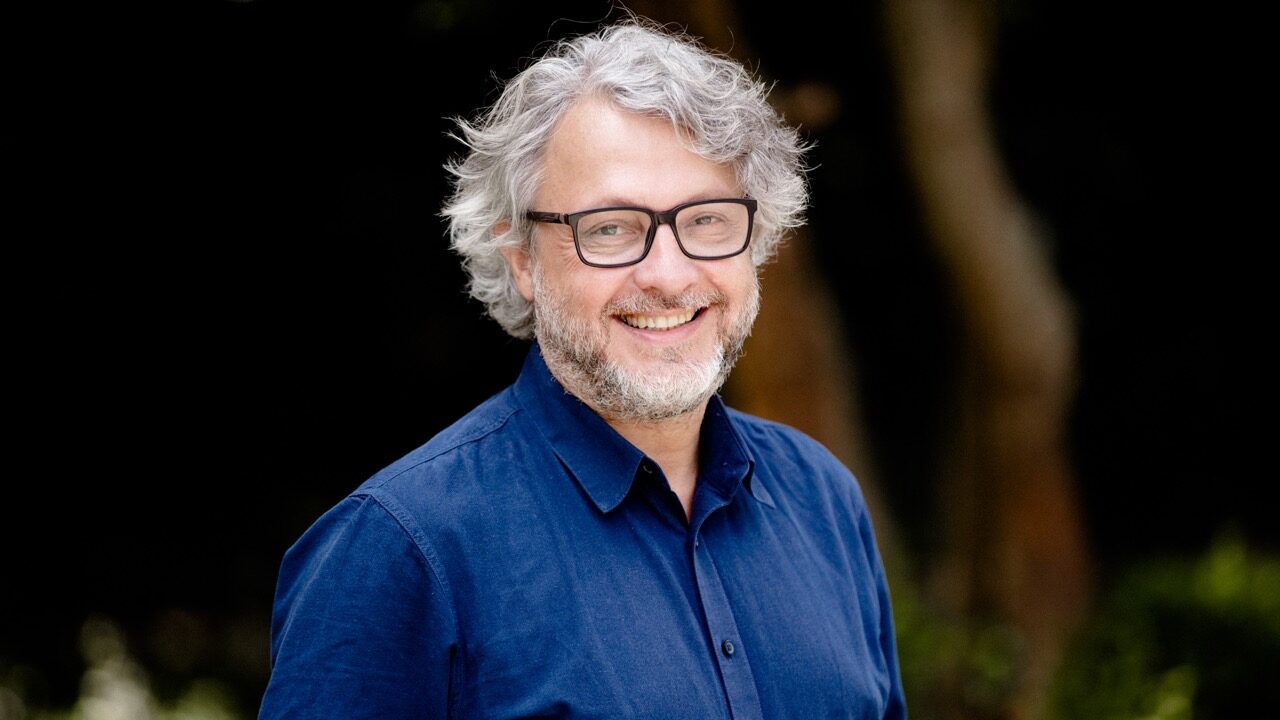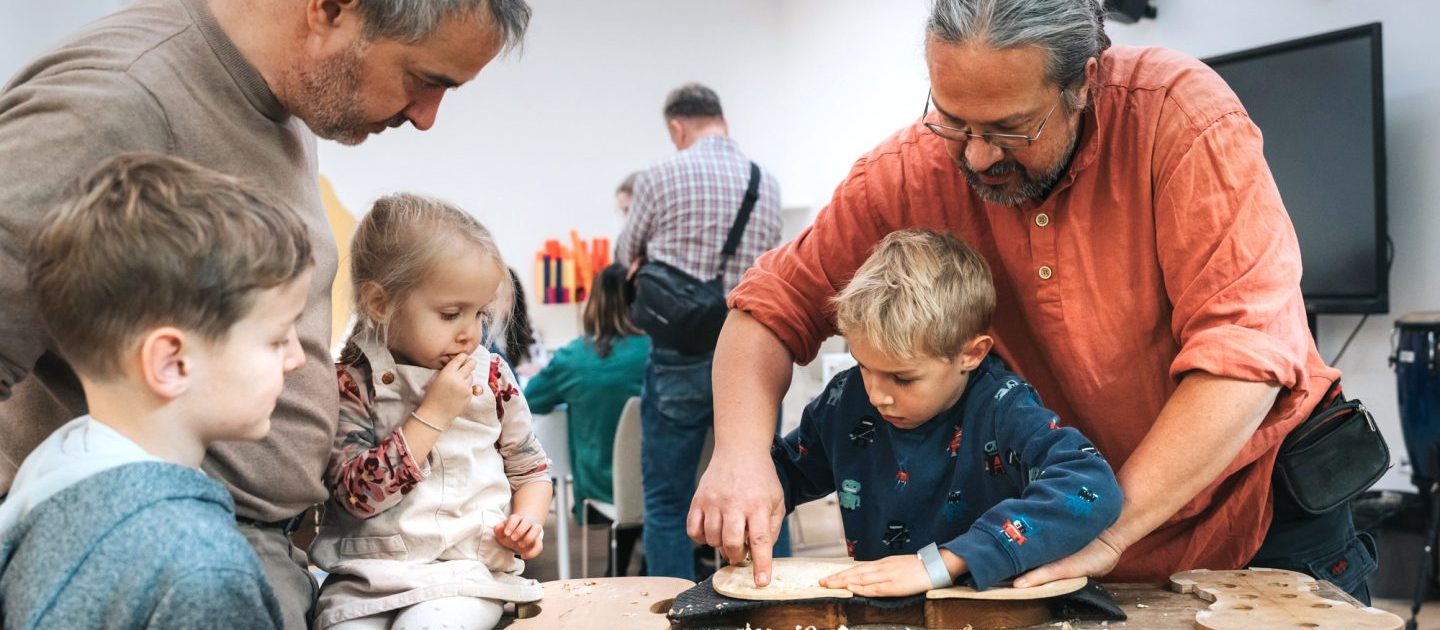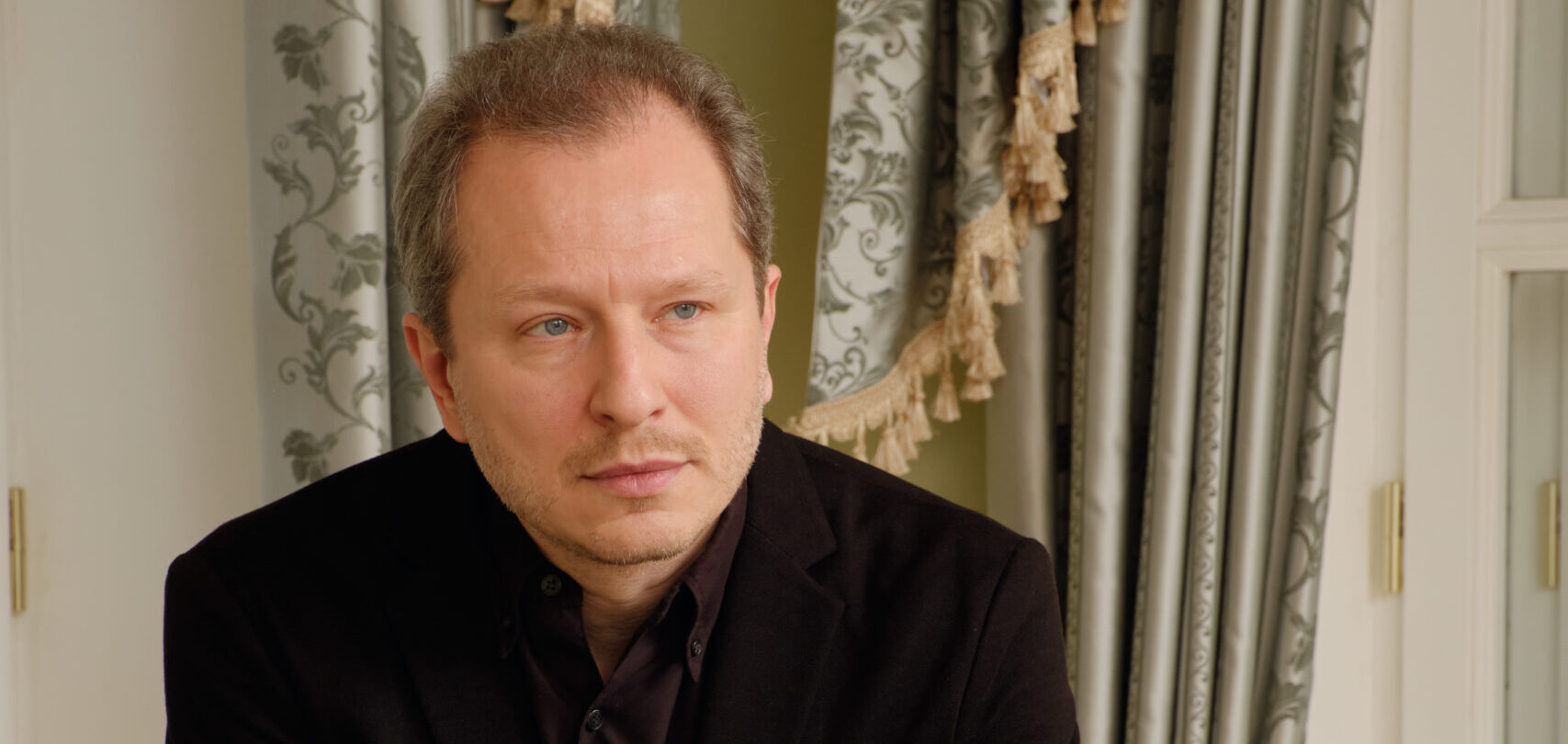Next programs
Ádám Bősze’s lecture this time in Győr Ádám Bősze’s lecture series on Joseph Haydn’s journeys to London offers audiences not...
Mini concert with Pál Németh and members of Savaria Baroque Orchestra Starting times: 10.30 am, 11.30 am (The mini-concert lasts...
Ludwig van BEETHOVEN (1770-1827): Piano Sonata in E minor, Op. 90 Piano Sonata in F minor ‘Appassionata’, Op. 57 —...


